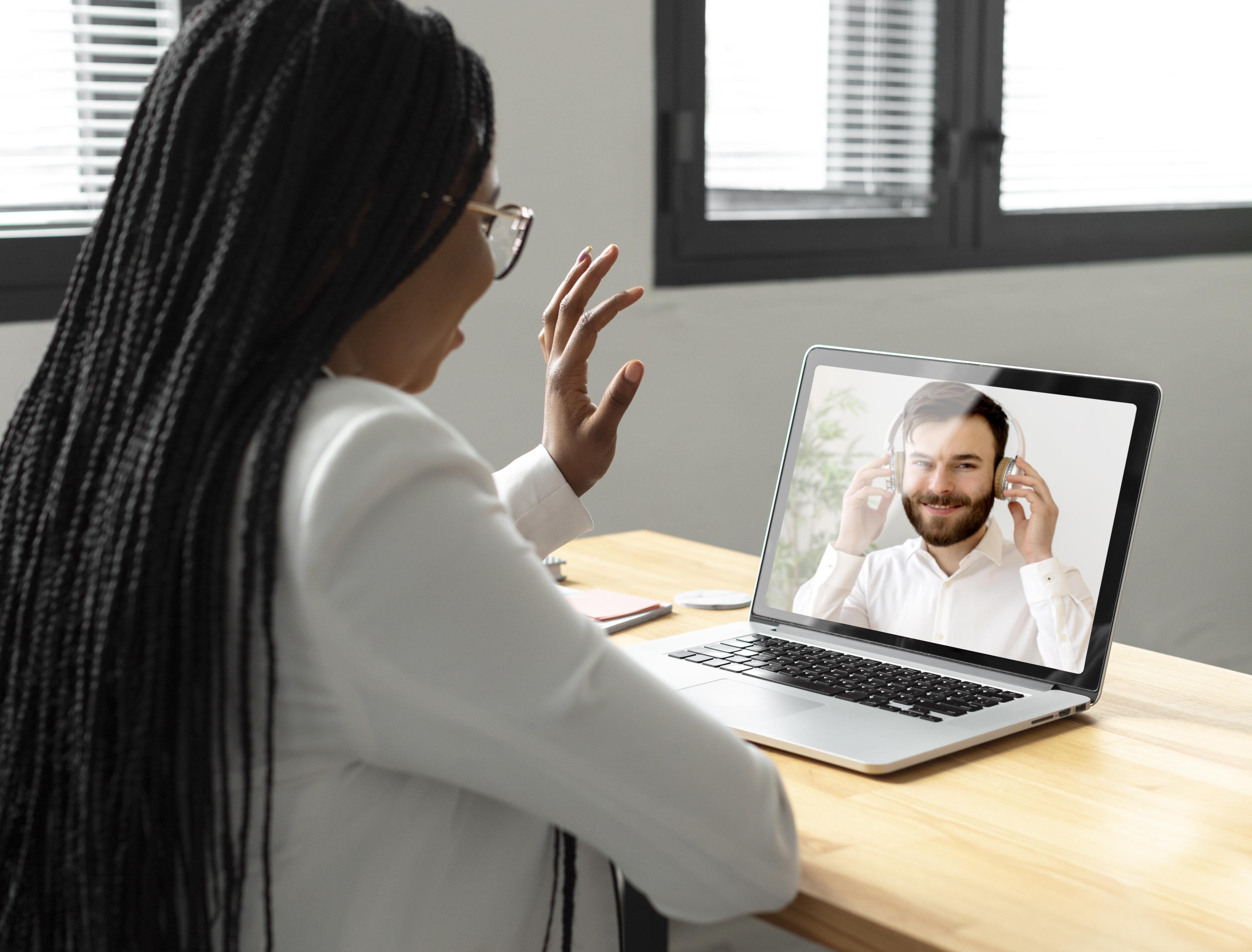Tele-Neuropsychology Validity: Is Remote Cognitive Testing as Accurate as In-Person?

The Verdict on Remote Cognitive Testing: It’s Equivalent
When considering a remote neuropsychological evaluation, accuracy is the top concern. Does a test done via video conferencing—known as Tele-neuropsychology (TeleNP)—produce results as reliable as in-person testing? The answer, based on multiple systematic reviews and meta-analyses, is yes. TeleNP has been shown to be as accurate and reliable as traditional face-to-face evaluations for most core cognitive domains, with only minimal, clinically insignificant score differences.
This strong evidence base supports the growing use of telehealth in neuropsychology—offering patients and providers access, convenience, and precision without compromising diagnostic quality.
Hard Evidence: Statistically Negligible Differences
A 2025 meta-analysis covering 24 studies and nearly 1,200 participants found the mean difference between in-person and remote test scores was only 0.01 standard deviations—an effect size so small it’s considered clinically meaningless. Over 77% of cognitive tests showed less than a one-point variation. Similarly, the Inter Organizational Practice Committee (IOPC) reported a non-significant effect size (Hedges g = -0.03), confirming equivalence across modalities.
High Reliability Across Core Domains
TeleNP shows strong reliability in key cognitive functions used in evaluations for ADHD, dementia, stroke, and chronic illness:
- Language and Verbal Reasoning — Tests like the Boston Naming Test show consistent reliability.
- Memory — Verbal learning and recall measures are highly stable across modalities.
- Attention and Fluency — Digit span, processing speed, and verbal fluency tasks yield equivalent outcomes.

Patient Satisfaction and Real-World Feasibility
Beyond score validity, TeleNP demonstrates high patient satisfaction and feasibility. Most individuals report no strong preference for in-person versus remote testing. Studies show TeleNP is reliable even for older adults and those with mild cognitive impairment or early dementia, with intraclass correlation coefficients (ICCs) in the moderate to excellent range.
That means expert cognitive care can now happen in the comfort and privacy of home—especially beneficial for patients in rural or mobility-limited settings.
When Administration Matters
While TeleNP is highly equivalent, some tests require extra care:
- Fine Motor and Visually Complex Tasks — Drawing or finger-tapping tasks may vary slightly and require expert adaptation.
- Technology Factors — Internet speed, screen size, and distractions can influence performance, especially in adults over 75. Trained neuropsychologists mitigate these issues through structured test environments and real-time monitoring.
Following IOPC guidelines, clinicians ensure remote sessions simulate in-person administration as closely as possible and document any nonstandard adjustments.
Conclusion
Tele-neuropsychology has proven itself to be a valid, reliable, and efficient model for cognitive assessment. By combining rigorous clinical standards with modern telehealth tools, neuropsychologists can deliver evidence-based care that maintains accuracy while expanding access to patients statewide. The future of neuropsychology is not just digital—it’s clinically sound, convenient, and patient-centered.
References
- Alva JI, Brewster RC, Mahmood Z, et al. Are Tele-Neuropsychology and In-Person Assessment Scores Meaningfully Different? A Systematic Review and Meta-Analysis. The Clinical Neuropsychologist. 2025;39(5):1037-1072. doi:10.1080/13854046.2025.2493343.
- Bilder RM, Postal KS, Barisa M, et al. Inter Organizational Practice Committee Recommendations/Guidance for Teleneuropsychology in Response to the COVID-19 Pandemic. Archives of Clinical Neuropsychology. 2020;35(6):647-659. doi:10.1093/arclin/acaa046.
- Marra DE, Hamlet KM, Bauer RM, Bowers D. Validity of Teleneuropsychology for Older Adults in Response to COVID-19: A Systematic and Critical Review. The Clinical Neuropsychologist. 2020;34(7-8):1411-1452. doi:10.1080/13854046.2020.1769192.
- Munro Cullum C, Hynan LS, Grosch M, Parikh M, Weiner MF. Teleneuropsychology: Evidence for Video Teleconference-Based Neuropsychological Assessment. Journal of the International Neuropsychological Society. 2014;20(10):1028-1033. doi:10.1017/S1355617714000873.
- Bettcher BM, Gunn-Sandell LB, Lopez-Esquibel N, et al. Integrating Home-Based Video Teleneuropsychology Into Neurology Clinical Practice. The Clinical Neuropsychologist. 2025;39(5):1155-1177. doi:10.1080/13854046.2025.2482083.
- Bressan MM, Musso AM, Bovi T, Bonetti B, Zucchella C. Tele-Neuropsychological Multidomain Assessment in Italian People With Cognitive Disorders: Reliability and User Satisfaction. Journal of Alzheimer's Disease. 2025;103(1):268-281. doi:10.1177/13872877241300186.
- Joffe Y, Liu J, Arias F, et al. Adaptation, Calibration, and Validation of a Cognitive Assessment Battery for Telephone and Video Administration. Journal of the American Geriatrics Society. 2025;73(2):482-491. doi:10.1111/jgs.19275.
- Yildirim E, Soncu Buyukiscan E, Akça Kalem Ş, Gürvit H. Reliability of Direct-to-Home Teleneuropsychological Assessment: A Within-Subject Design Study. The Clinical Neuropsychologist. 2025;39(5):1097-1118. doi:10.1080/13854046.2025.2451247.
- Brown AD, Kelso W, Eratne D, et al. Investigating Equivalence of In-Person and Telehealth-Based Neuropsychological Assessment Performance for Individuals Being Investigated for Younger Onset Dementia. Archives of Clinical Neuropsychology. 2024;39(5):594-607. doi:10.1093/arclin/acad108.
- Gnassounou R, Defontaines B, Denolle S, et al. Comparison of Neuropsychological Assessment by Videoconference and Face to Face. Journal of the International Neuropsychological Society. 2022;28(5):483-493. doi:10.1017/S1355617721000679.